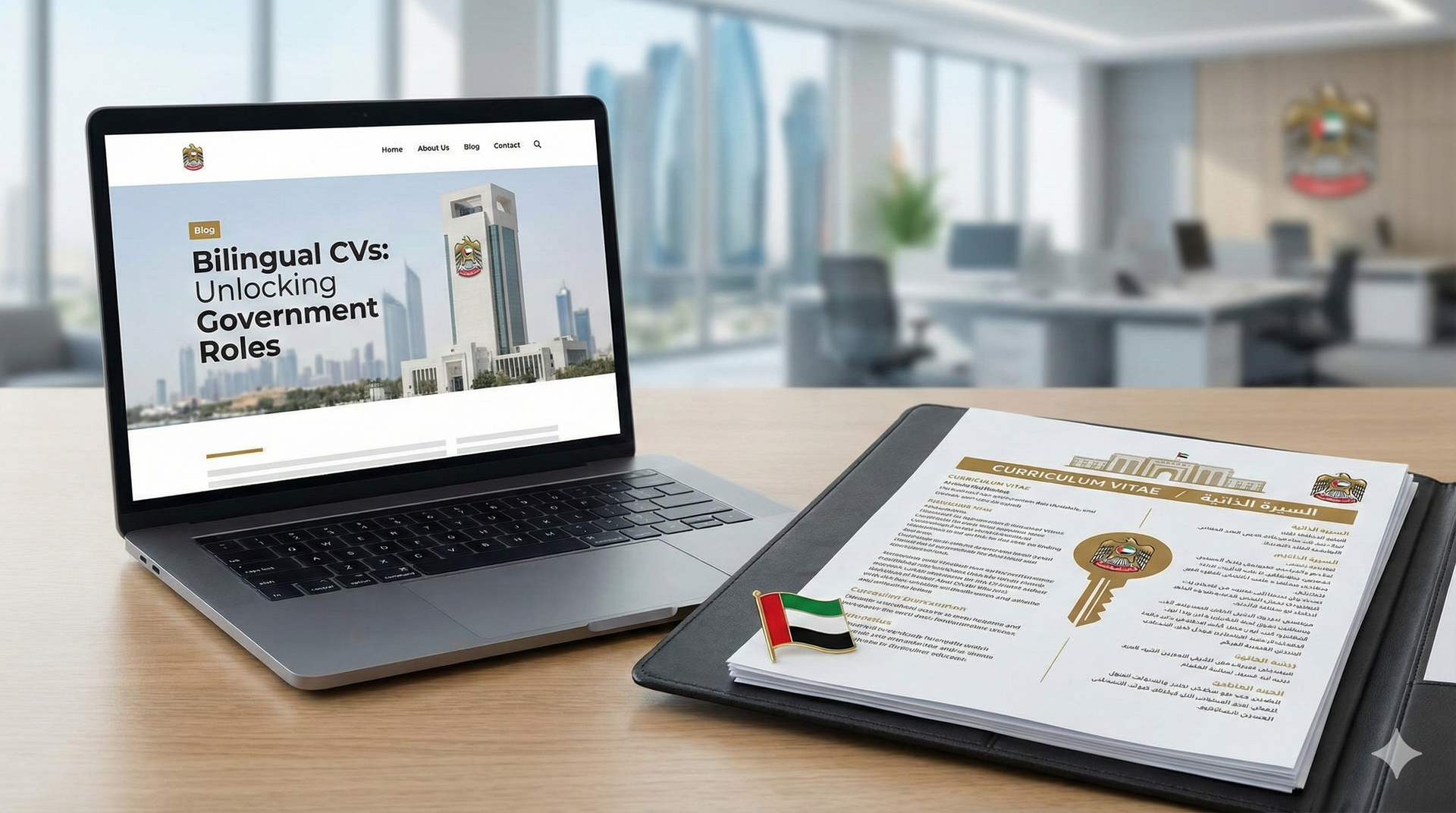Education System in UAE: What You Need to Know Before Studying Here

The United Arab Emirates (UAE) has become a popular destination for international students and families seeking world-class education in a culturally diverse setting. Whether you're considering relocating to Dubai or looking to enroll in higher education in Abu Dhabi, understanding the UAE's education system is essential. This guide will cover UAE education policies, Dubai student life, school system structures, and tips for studying in the UAE.
Understanding UAE Education Policies
Government Involvement and Regulation
The UAE education system is regulated primarily by three key bodies. The Ministry of Education (MoE) oversees both public and private institutions across most of the country, except for higher education in free zones. In Dubai, the Knowledge and Human Development Authority (KHDA) supervises private schools, ensuring they meet specific quality standards. Meanwhile, the Abu Dhabi Department of Education and Knowledge (ADEK) regulates schools within the capital. (Abu Dhabi Department of Education and Knowledge)**: Regulates education in Abu Dhabi.
Vision and Reforms
The UAE's educational development aligns with UAE Vision 2030, which aims to build a globally competitive, knowledge-based society. There is a strong emphasis on STEM education, critical thinking, and bilingual instruction in Arabic and English. To maintain high standards, the curriculum is regularly reviewed, and professional development programs are implemented for teachers.
Structure of the School System in Dubai & UAE
Levels of Education
- Early Childhood Education: Nurseries and kindergartens (ages 0–5).
- Primary Education: Grades 1–6 (ages 6–11).
- Lower Secondary Education: Grades 7–9 (ages 12–14).
- Upper Secondary Education: Grades 10–12 (ages 15–17).
- Higher Education: Universities, colleges, and technical institutes.
Curricula Offered
- British Curriculum (IGCSE, A-Levels)
- American Curriculum
- International Baccalaureate (IB)
- Indian Curriculum (CBSE, ICSE)
- UAE National Curriculum
- Other International Curricula: French, German, Canadian, etc.
Language of Instruction
- Arabic is mandatory for Emirati students.
- Most private schools offer instruction in English.
Private vs. Public Schools
- Public schools are free for UAE nationals and taught primarily in Arabic.
- Expats usually opt for private schools due to curriculum diversity and English instruction.
Higher Education in UAE
Top Universities in UAE
- Khalifa University (Engineering, Science)
- United Arab Emirates University (Al Ain)
- American University of Sharjah (AUS)
- University of Dubai
- NYU Abu Dhabi
- Heriot-Watt University Dubai
Admission Requirements
To gain admission to higher education institutions in the UAE, students must hold a valid high school diploma or its equivalent. Proficiency in English is typically required, demonstrated through standardized tests like IELTS or TOEFL. Some universities also conduct entrance exams, particularly for specialized programs such as engineering or medicine.
Popular Fields of Study
- Business and Management
- Engineering and IT
- Medicine and Health Sciences
- Architecture and Design
- Media and Communication
Scholarships and Financial Aid
Various forms of financial assistance are available to students in the UAE. Government scholarships are primarily awarded to Emirati nationals, while universities may offer their own grants based on merit or need. Additionally, private scholarships from companies or charitable foundations provide extra support for deserving students.
Dubai Student Life: What to Expect
Campus Environment
- International student-friendly campuses
- Libraries, innovation labs, sports facilities, and student lounges
Cost of Living
- Accommodation: AED 2,500–5,000/month (shared or studio)
- Transport: Dubai Metro, student discounts available
- Meals & Groceries: AED 1,000–1,500/month
Cultural Adaptation Tips
- Respect local customs and laws
- Dress modestly in public places
- Public displays of affection are discouraged
Extracurricular Opportunities
- Cultural clubs and student unions
- Volunteering and internships
- Career fairs and innovation challenges
Studying in UAE: Pros and Cons
Advantages
- Wide range of international curricula
- Modern infrastructure and tech integration
- Multicultural student body
- High safety standards and quality of life
Challenges
- High tuition and living costs for expats
- Stringent visa regulations
- Cultural adjustment period
Tips Before Studying in UAE
- Research the curriculum that aligns with your home country or future goals.
- Prepare all legal documents: visa, Emirates ID, and medical tests.
- Explore accommodation options early.
- Understand local laws and cultural expectations.
- Apply for scholarships as early as possible.
FAQs About Studying in the UAE
1. Can international students study in public schools in Dubai?
No, public schools are generally reserved for Emirati nationals. International students mostly attend private schools.
2. How much does it cost to study in Dubai?
Tuition fees vary from AED 20,000 to over AED 100,000 annually, depending on the institution and program.
3. Is a student visa mandatory?
Yes, a valid
student visa is required for international students planning to study in the UAE.
4. Are there part-time job opportunities for students?
Yes, students in free zone universities can work part-time with special permission.
5. Do I need to learn Arabic to study in the UAE?
No, but basic Arabic can be helpful. Most programs, especially in private institutions, are taught in English.
6. How is safety for students in Dubai?
Dubai is considered one of the safest cities globally, with strict laws and low crime rates.
7. What are the accommodation options for international students?
Options include on-campus housing, private apartments, and shared flats with fellow students.
Conclusion
Studying in the UAE offers a blend of modern education, multicultural exposure, and career-building opportunities. With its range of international curricula, robust policies, and high safety standards, the UAE has become a hub for learners from around the globe.
Ready to start your journey? Visit Labeeb.ae to explore academic options, visa assistance, and more. Let Labeeb guide your educational path in the UAE!
Need help choosing the right school or navigating Dubai student life? Labeeb is here to help. Visit Labeeb.ae today and start your educational journey in the UAE with confidence!








